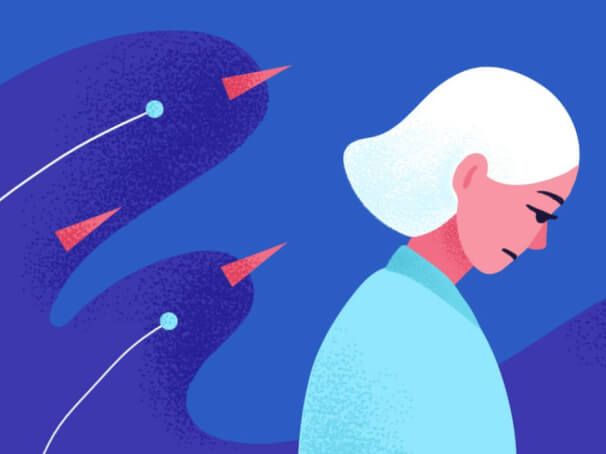
Many things can contribute to anxiety and anxiety symptoms. In some cases these issues may cause anxiety directly. In other cases, your anxiety symptoms may simply become worse. Either way, in order to effectively manage your anxiety, you need to make sure you are treating factors that may contribute to the development of anxiety symptoms.
Dehydration rarely causes anxiety on its own, but if you're not drinking enough water you may be putting yourself at risk for worse anxiety symptoms now, and the development of greater anxiety in the future. Thus, especially if you are prone to anxiety, you will want to work to ensure you are properly hydrated daily.
Dehydration Alone Can Cause Anxiety
It's possible for those that are regularly dehydrated to experience anxiety on a frequent basis. Water is an essential part of living but a large portion of the population is at least slightly dehydrated at a constant rate. Most cases of dehydration are preventable from simple changes such as drinking more water or decreasing sodium intake. While dehydration absolutely can cause anxiety on its own, for most people it's not the sole cause, but instead is just one of many contributing factors.
Dehydration and Anxiety
Dehydration is a chronic problem in today's society. Considering that water is freely available and causes no side effects, it may seem puzzling that many people continue to be dehydrated.
Dehydration may affect anxiety in a variety of ways. When the body is dehydrated, it starts to function improperly. Hormones are unable to reach their destined locations because of poor blood flow. Muscles may tense up. Your brain may experience weakness or changes as a result of water loss.
Simplified: When your body is stressed, you experience anxiety as a result.
Dehydration and Panic Attacks
A more common problem occurs in those with panic attacks. Panic attacks often have triggers, and these triggers are often physical. When a physical trigger such as dehydration occurs, a person prone to panic attacks may begin to panic and feel as if they are dying.
When you're dehydrated, you are far more likely to experience many of the symptoms that trigger panic episodes. Some examples include:
- Lightheadedness
- Muscle fatigue and weakness
- Headaches
- Feeling faint
- Increased heart rate
All of these are common panic attack triggers. If you are prone to panic attacks, you may want to consider ensuring you are properly hydrated to avoid some of these triggers. While hydrating will not stop the panic attacks, they may become less frequent, or at least reduce some of the triggers that make them worse.
Avoiding Excess Symptoms
Even if you have is general anxiety without panic attacks, drinking more water can be an important tool in overcoming anxiety. Water also appears to have natural calming properties as well, possibly as a result of reversing dehydration. So even if dehydration isn't causing anxiety, drinking more water may create feelings of relaxation. Drinking water can be soothing, and often your body will benefit from the added hydration during times of intense stress.
Overcoming Anxiety With Dehydration
Dehydration is completely preventable. Drink water more often, and you'll avoid many of the symptoms of dehydration and the subsequent anxiety. There's no harm in drinking more water if you're not sure how hydrated you are. Add a few extra glasses of water to your daily meals, and you may find that your anxiety and some of its symptoms clear up.
Yet most people that suffer from anxiety and dehydration have anxiety regardless of their hydration levels. Their water intake simply effects how severe their symptoms feel. That's why you still need to treat your anxiety separately from just increasing your intake of water.













